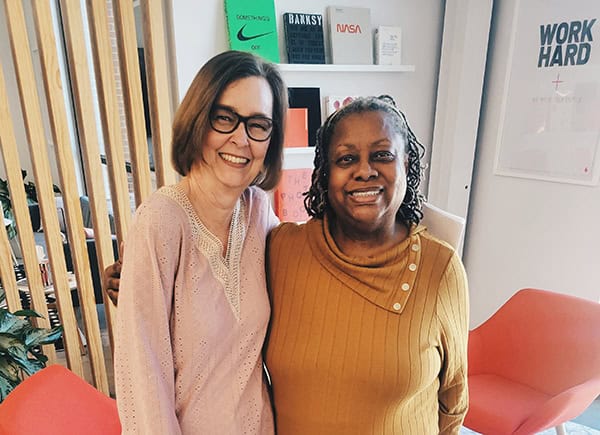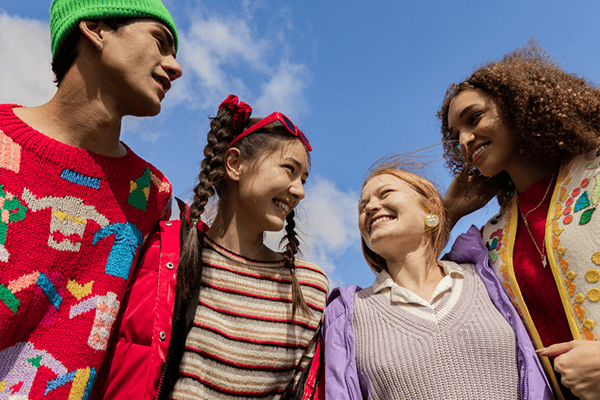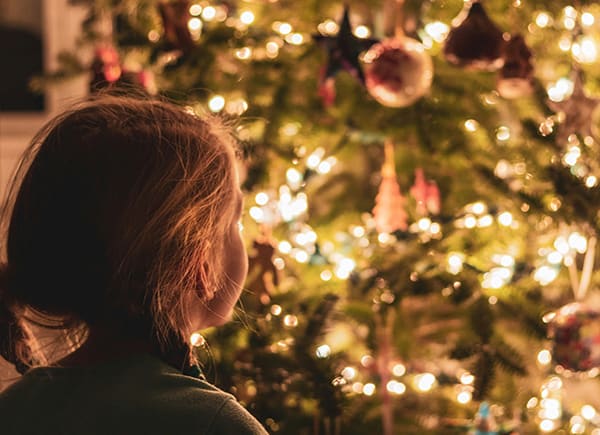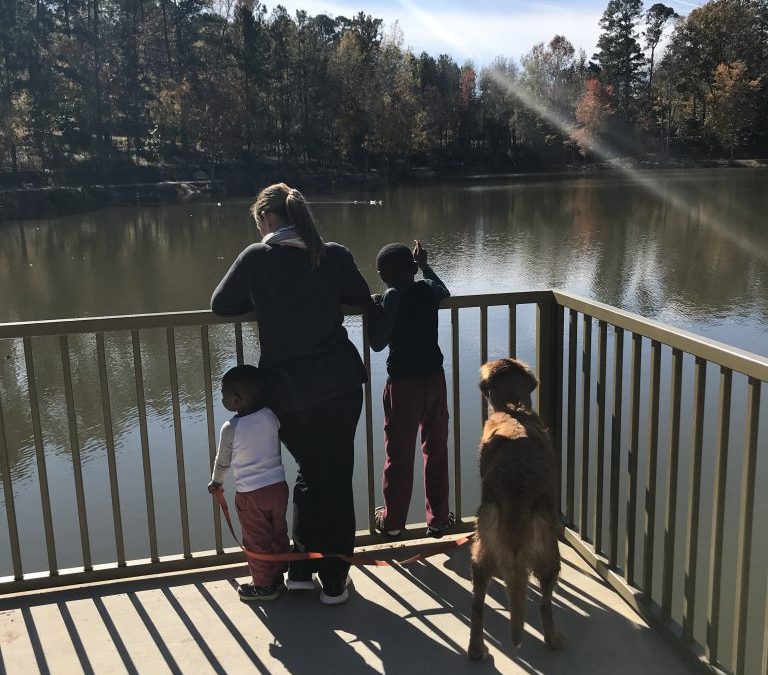
I have been a mother to twelve beautiful children. I have loved them fiercely and fully. I have laughed as they learned to talk and their words mimicked my own. I have watched as my now seven-year-old scratched his head in a nervous tick the exact way that my husband does. These tiny humans remind me daily of myself and of my husband- in ways that I’m proud of and while I hate to admit it, also in ways that I probably wouldn’t choose. Yet, not one of them is “my own.” Not one of them has my genetics.
I am a real mom to each of these precious ones although they are not ours forever. We chose to foster without having any experience parenting biological children. We were so terrified when we got started- with three siblings all under three years old. I didn’t know the first thing about making bottles, or giving baby baths, or cutting grapes in half so the kid didn’t choke. We went to all the foster care classes (and took extra parenting classes at the hospital), but nothing really prepared us for the reality of life with kids.
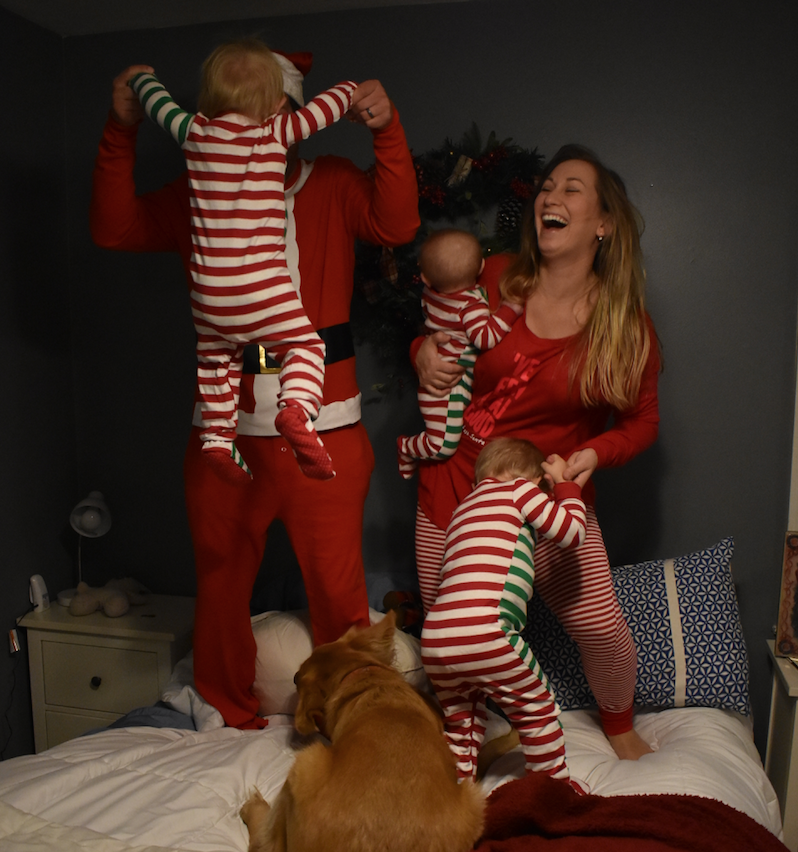
We were often the youngest and sometimes the only foster parents in the room without biological children. That seems to be changing, but still I felt really self-conscious about it. I felt like someone would find out that I was less prepared, less equipped, less worthy of being a foster parent. But that is NOT what the foster parents in our community were like at all- they jumped at the chance to help us, to guide us, to walk alongside us. And it was pretty clear that we needed the help!
Two years into fostering now, I think we need more foster parents that don’t have biological kids yet. Don’t get me wrong, families with biological kids are the real MVPs. They are true heroes and their kids are rock stars. They all juggle so much! They are amazing foster parents. But, I think there is so much that single people and couples without kids can offer as well!
1. More Time
Before we started fostering, we thought we were busy. We both had pretty demanding jobs, but the reality was that when we got home, our time was our own. When working parents come home at the end of the day, their time is family time. Most parents wouldn’t trade that for anything! But, when you don’t have biological kids in the mix, you can have more time to focus on your foster kids- giving them loving, undivided attention that they may have never received. You aren’t fitting in quality time between Susie’s gymnastics and Scott’s soccer practice and Timmy’s dentist appointment.
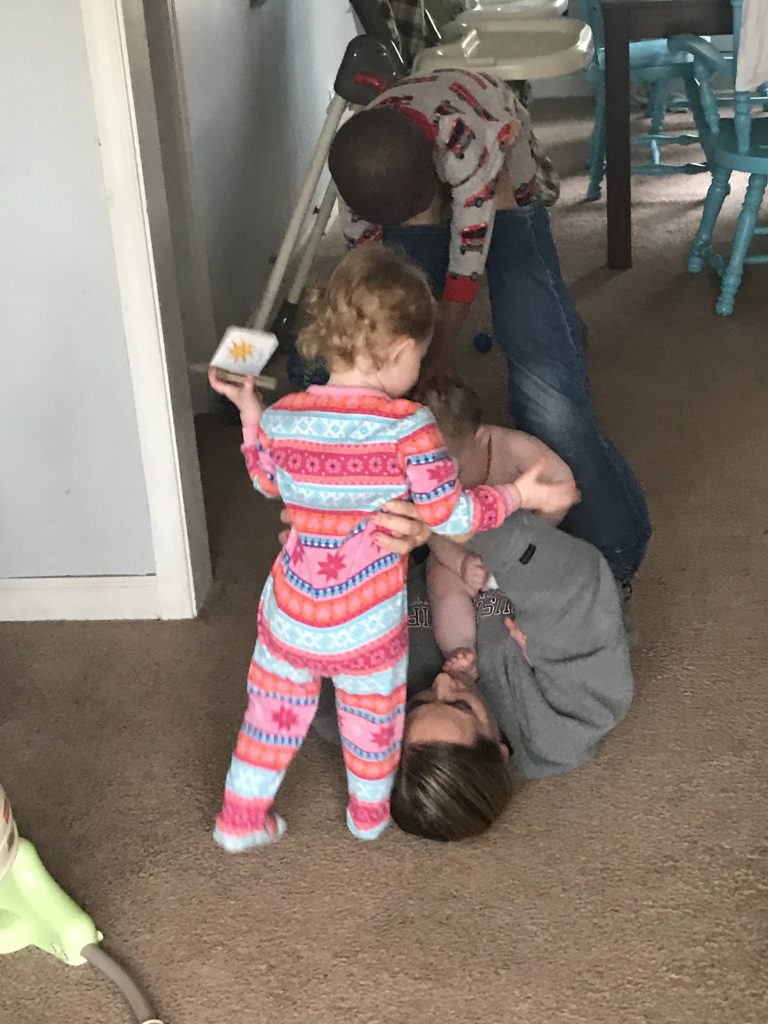
2. More Attention
Kids in foster care may not have had an adult in their life ever pay much attention to them. We had a foster love who was in the home by himself all day for most of his seventeen months of life. It was his two older siblings that cared for him when they came home from school. Attention is sacred! Attention tells them that they are worthy. And it helps kids develop key skills.
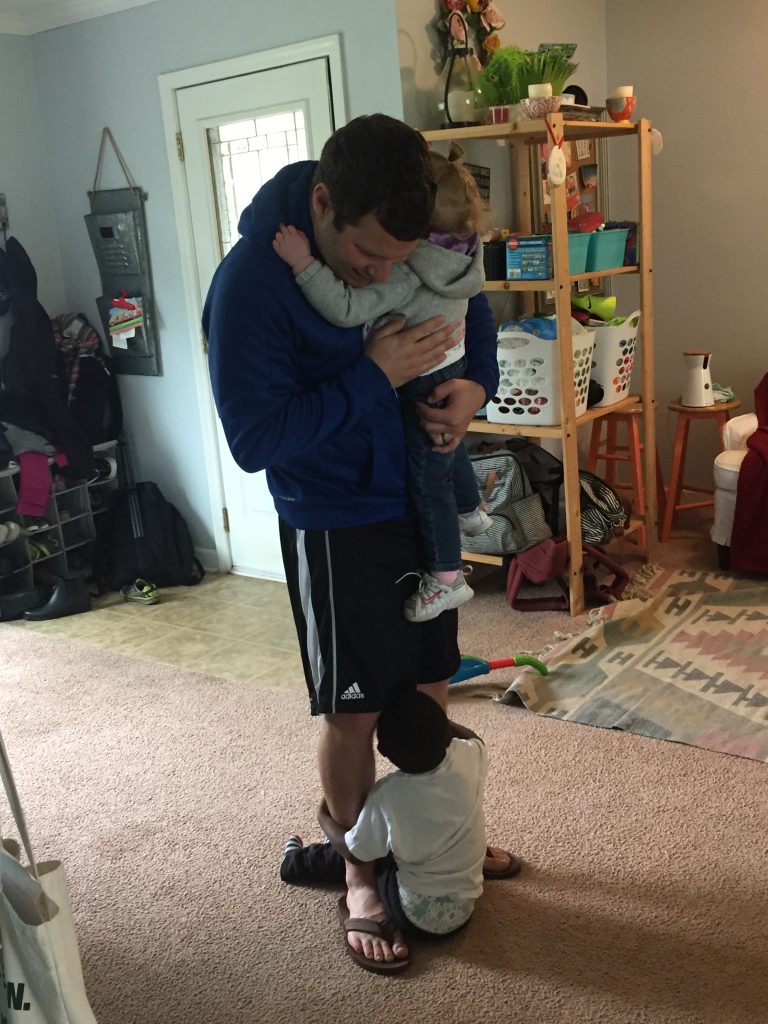
3. Less to Juggle
Along with time and attention, foster parents without biological children in the home may have less to juggle in terms of the number of schedules they are managing. There are probably less school drop-offs, less doctor appointments to coordinate, less after-school activities to taxi kids to and from. Every family has a different capacity to manage more moving pieces- but when you don’t have kids, there is a little more margin to add in extra activities, extra fun, extra family time.
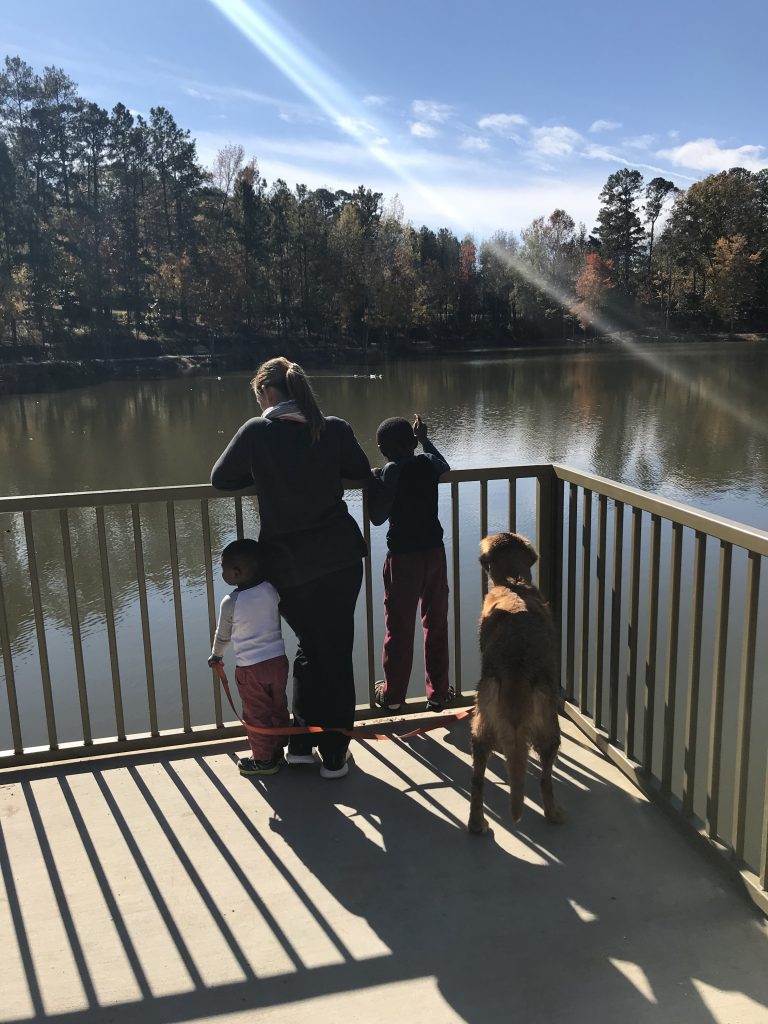
4. Less Stress
I am constantly in awe of the foster families I know that have lots of kids in their homes. They have such an amazing capacity to “do it all.” It doesn’t matter the family dynamic- single or married, working or stay-at-home, more kids or just a few, more activities or the same as us – we all know that one person that seems to operate at super hero speed, accomplishing so much more in one day than we do all week. Usually parents rise to the occasion- whatever needs to be done, gets done. And it’s true, but there is also something to be said about less stress with fewer things to juggle. You’re not stressed over how your bio kids may be reacting to a new placements, stressing over whom should share a room with whom, stressing over not being able to make your bio kids’ favorite meal because of new allergies. Less stress frees up foster parents without biological kids to enjoy fostering for what it is.

5. All In
Every foster parent is all in. Every foster parent does their utmost to support every child in their home- foster, adopted, or biological. But, what is great about being a foster parent without biological children is that you really get to focus all your attention on being a great foster parent. Maybe you can join the leadership of the local Foster Parent Association, you can take on more of a role with other kids in foster care as a mentor or a tutor, you can provide respite for other foster families. Maybe all in means that you can take more kids because you simply have more room in your home. All in looks different for everyone- there is not one single way to do foster care correctly. All in is really the only way to do it no matter who you are.
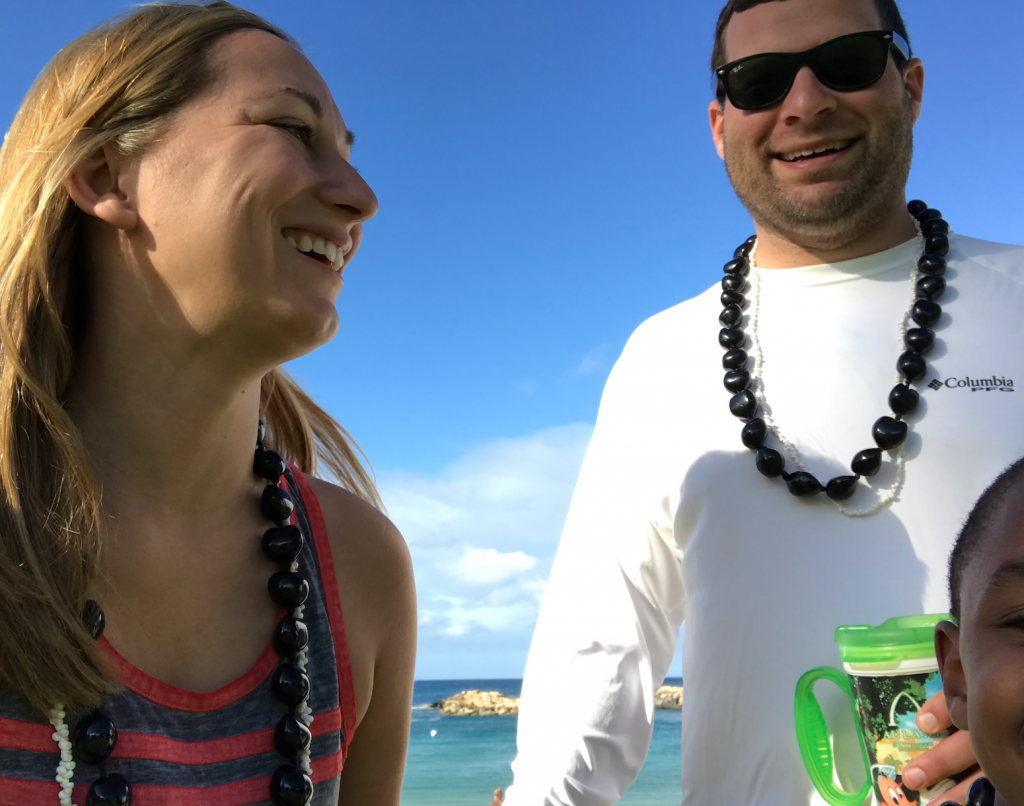
We need diverse foster families. Plain and simple. We need families of every background, race, ability, sexuality, and religion. We need foster parents who have seen and experienced the world in different ways. Single foster parents thrive! Married couples can thrive too! We need foster families that bring the joys of a large family- lots of kids to play with, plenty of toys to go around, laughter and love multiplied. We also need families- couples and individuals- who bring the joys of their unique families to the table. We need people to lovingly step up, despite never having parented before, to care for children who need a home.
There are so many reasons that people say no to foster care. Not having “your own” kids doesn’t have to be one of them. You may have a lot of questions, you may have some doubts and that’s okay. Join our SHAREfostering community to connect with other people like you who are considering foster care or are already doing it. The best part about this journey is that you don’t have to do it alone.
Not ready? That’s okay too. There are lots of ways that you can get connected and support children in care and the families currently caring for them. Contact [email protected] to learn more about taking your next step.

